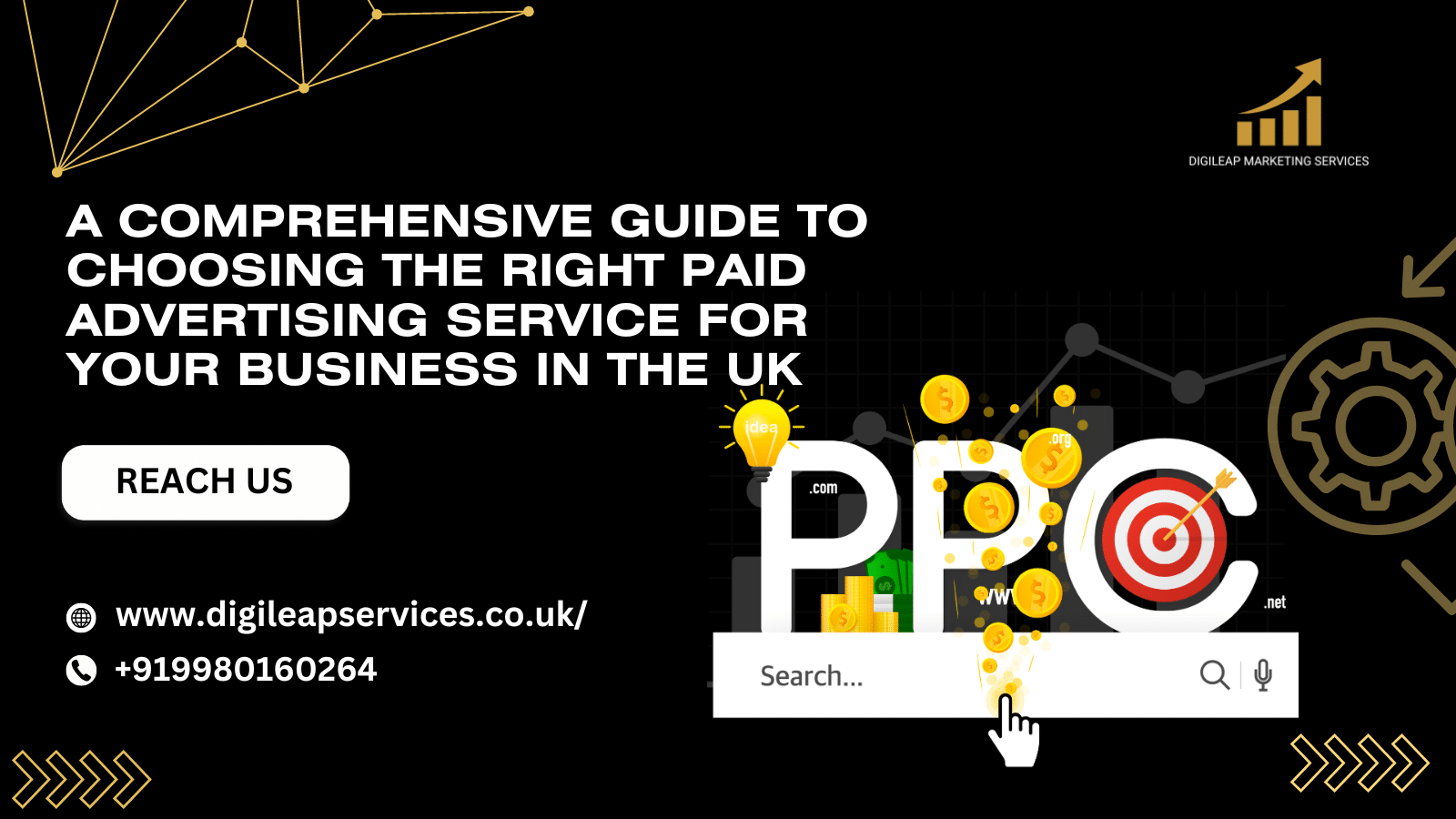5 Things to Know Before Signing a Digital Marketing Contract
Picking a digital marketing agency isn’t just “another thing on the to-do list.” It’s kind of like picking a tattoo artist—you don’t want to rush it and end up with something you’ll regret every time you look in the mirror (or in this case, your bank account). Whether you’re just getting your business off the ground or you’ve already been around the block a few times, handing your marketing over to someone else is a big deal. And man, those contracts? They’re not just annoying paperwork. They’re the rulebook for how this whole partnership’s going to go down. Screw up here, and you might be stuck in marketing purgatory for way longer than you’d like.
So, before you start scribbling your John Hancock on some dotted line, slow your roll. Here’s what you have to know—like, absolutely do not skip this stuff—before you lock yourself into a contract with a digital marketing agency.
1. Know Exactly What You’re Paying For
Seriously, don’t just assume they’ll “handle everything.” Nah. The contract better spell it out: Are they boosting your SEO? Churning out blog posts? Running Google and Facebook ads? Posting memes on your Insta? If it’s not written down, guess what—you probably aren’t getting it.
And watch out for those buzzwords like “online growth” or “increased visibility.” Sounds fancy, right? Total fluff if there aren’t any real details or numbers to back it up. Make ‘em get specific
Ask yourself:
- How many blog posts are included per month?
- Will they handle your Google Ads from start to finish?
- Is graphic design included or extra?
Having a detailed breakdown helps avoid confusion and keeps expectations in check.
2. Know the Duration and Exit Terms
People always skim right over the boring contract stuff—like, who reads the part about how long you’re locked in or how the heck you can get out? But honestly, that’s where agencies get you. Some want you chained up for a whole year; others dangle these “short” 3- or 6-month deals. Spoiler: Trying to bail early usually means coughing up a fat stack in fees.
So, yeah, don’t just scroll past:
- – How long you on the hook for
- – Sneaky auto-renewals buried in the fine print
- – How much advance notice do you have to give if you want to dip?
- – What it’ll cost if you change your mind too soon
If the exit rules are tighter than your old skinny jeans or the fees look wild, just nope right outta there. You need room to breathe, especially when you’re just testing the waters with a new agency.
3. Review the Performance Metrics and Reporting Structure
Now, onto the numbers game. Because if you’re paying for results, you want to know what those results even are, right? Don’t just take their word for it—ask exactly which KPIs (Key Performance Indicators, if you want to sound fancy) they’ll track and how often they’ll show you the receipts. Traffic, leads, conversions, Insta likes—whatever matters to you, get it in writing.
Make sure they spell out
- – Which stats they’ll keep an eye on
- – How often do they send you updates (weekly, Monthly, Carrier pigeon?)
- – What tools they’re using (no, Janet, not just an Excel spreadsheet)
Honestly, that’s one thing Digileap Services for Digital Marketing nails—they keep it transparent, no weird jargon, just straight-up reports you can read without a decoder ring. You should always know what’s working (and what’s a total flop) without needing a crash course in rocket science.
4. Double-Check Who Owns Your Stuff
Here’s the thing nobody tells you: Just because you paid for the website or that shiny new logo doesn’t mean you own it. I know, wild, right? Tons of folks get blindsided when they realize the agency hangs onto all the content, graphics, or ad creatives after the contract wraps up. Then you try to switch agencies, or maybe bring things in-house, and—boom!—you’re locked out of your stuff. Not fun.
So, before you sign anything, grill them on this:
- • After launch, is that website design yours?
- – Who gets dibs on the photos, videos, and ad copy? (Don’t assume.)
- – Do you keep access to your analytics, or are they holding the keys?
Honestly, if you paid for it, you should own it. Worst-case scenario, push for shared rights. Nail down who owns what in the contract, or you’re just asking for a headache later on.
5. Figure Out What Happens If Things Go Sideways
Business relationships aren’t all sunshine and rainbows. Sometimes your marketing partner drops the ball, and you need a plan B. Your contract should spell out what happens if things get messy. Look for a dispute resolution section or an SLA (that’s Service Level Agreement, if you want to sound fancy).
Don’t forget to check:
- Are you getting any guarantees? Can you get your money back if they ghost you?
- – What’s the deal if they miss deadlines? (Because, yeah, it happens.)
- – Can you hit pause on the contract if your sales tank for a while?
Hope for the best, but plan for the crap hitting the fan. Having this stuff in writing saves you cash, sanity, and maybe an awkward phone call or two. You’ll thank yourself later, trust me.
Bringing it together
Digital marketing contracts aren’t some horror movie script, but man, you can’t just skim ‘em and hope for the best. Seriously, read the thing. Ask questions. Get nosy with the details, because those tiny lines? They can either save your butt or bite it later.
Don’t treat contracts like a boring checklist your teacher handed out. That paper is what’s going to keep your business from spiraling into chaos. If something feels off, phone a lawyer friend or that one buddy who reads terms and conditions. Take your time. Trust me, panicking for ten minutes now is way better than pulling your hair out for six months straight.
And hey, if you want a crew that gives the best results, Digileap Services is right there in your corner.
TL;DR – Before You Sign That Digital Marketing Contract:
- Clarify the scope of services — Know exactly what you’re paying for.
- Understand the timeline and exit rules — Watch out for long lock-ins and penalties.
- Demand transparent reporting — You should know what’s happening every step of the way.
- Protect your ownership rights — Make sure you own your content and assets.
- Be prepared for the worst — Have a fair dispute process in place.
With the right knowledge, you can avoid marketing missteps and sign with confidence.







